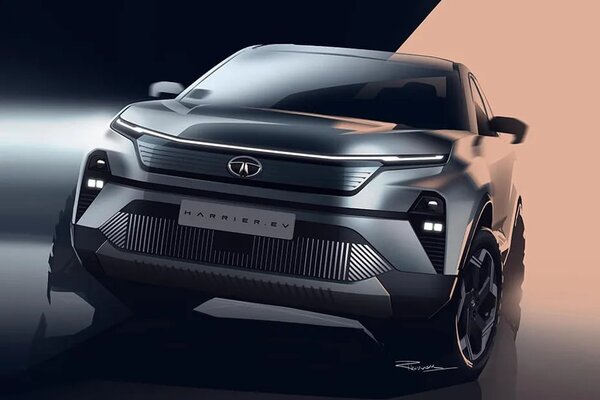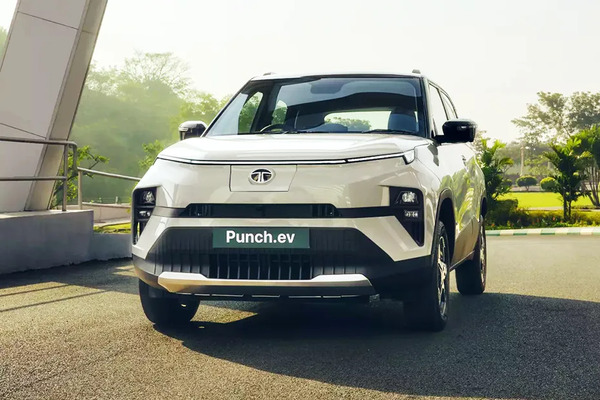Not just a problem in India: Most Britons say they just can't afford an EV
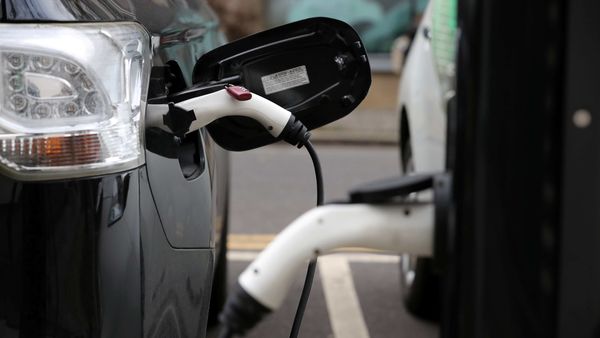

Mostly everyone wants to do their two bits to help conserve the environment and the lure of an electric vehicle is an incentive most would jump at. Just that the cost of it all tends to put off an overwhelming majority and this is not just the case in India where the EV segment in its nascent state but even in many countries in Europe like the UK and Spain.
Making EVs is only part of solution and almost every major automaker around the world is working towards an evolved powertrain. EVs or plans of EVs are being announced regularly but the real question still remains about who would buy these cars which almost always command a premium price tag upfront. Even with the current subsidy schemes in many countries, the break-even phase takes several years and this is what perhaps is keeping most Britons firmly preferring gasoline (petrol) or diesel vehicles. In a recent poll involving 2,000 respondents in the country, it was found that green measures including EV adoption remains out of reach for most.
Also check these Vehicles
The poll was conducted by UK's Nationwide Building Society and sought to ask respondents if they would adopt green measures like solar panels and buy EVs. Around 59% of those polled said that their financial circumstances won't permit them to go green. EVs were one of the several items in a list that included organic food and energy-saving bulbs that respondents said they would prefer buying. EVs were also among items that a majority said they simply couldn't afford. UK's The Independent reported the results of this poll and highlighted how an average disposable income of £159 (approximately ₹15,000) per person per month was simply not enough to go for a Tesla or something similar. Even with a £6,000 subsidy, the break-even stage is not expected any time before as many as six years.
Affordability is not just a factor in the UK but in other countries in mainland Europe as well. While mainland Europe also has countries like Norway which is one of the largest EV markets, most others have mounting economic woes to lace EV market with golden strings of massive subsidies. Yes, the likes of the Netherlands, Sweden, Germany and France have announced several impetus measures to boost EV sales and they may work to a degree as well. Others like Spain are accused of just not doing enough. The head of Volkswagen's Spanish brand SEAT recently said that the socialist government in the country 'needs to wake up.' (Full report here)
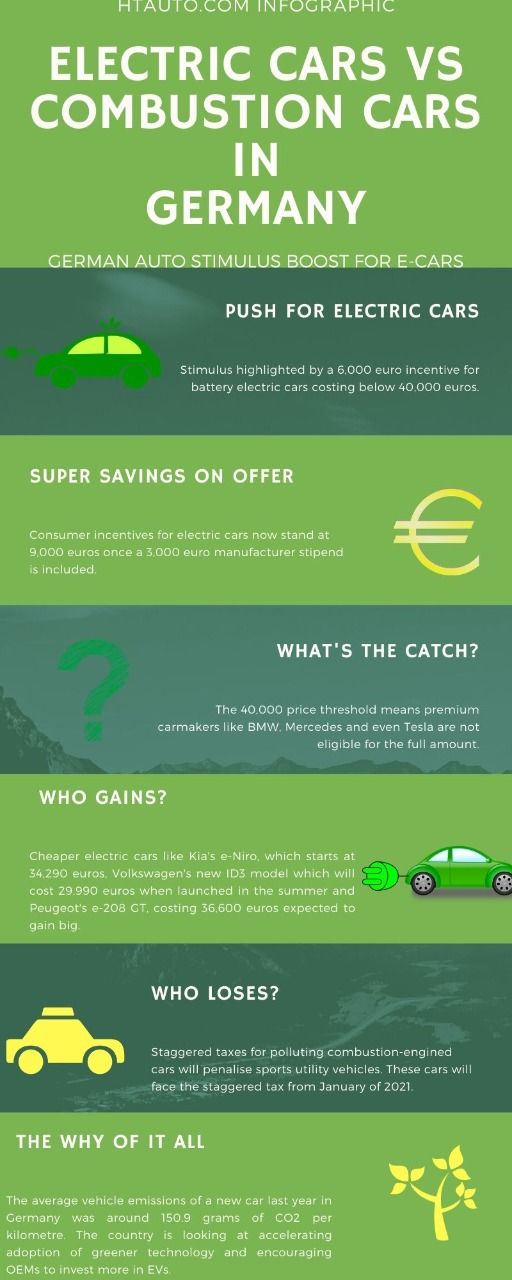

Most analysts tend to agree that the cost of the battery inside an EV is the major contributing factor to the final retail price of the EV itself. With advancements being made at a constant pace, they also agree that battery costs are and will come down. This, when combined with incentives from governments and supporting infrastructure, is likely to convince more and more people to ditch cars with combustion engines.
Charging back to India and the EV sphere may work on the same principle even though there could always be challenges unique to the country itself. The Indian government targets 30% EV penetration by 2030 and its Faster Adoption and Manufacturing of (Hybrid &) Electric Vehicles (FAME) schemes seek to assist in path towards that goal. Strides are being taken in the two-wheeler and three-wheeler space as well and these segments are expected to show the way forward. Slow pace of supporting infrastructure and minuscule number of electric cars in the offing - those on sale command a considerably high price, however continue to serve as roadblocks and incentives - for end buyers as well as automakers - may well seek to bulldoze over some of these. In a country where air pollution is a problem of apocalyptic proportions, EVs could - quite literally - blow a breath of fresh air.







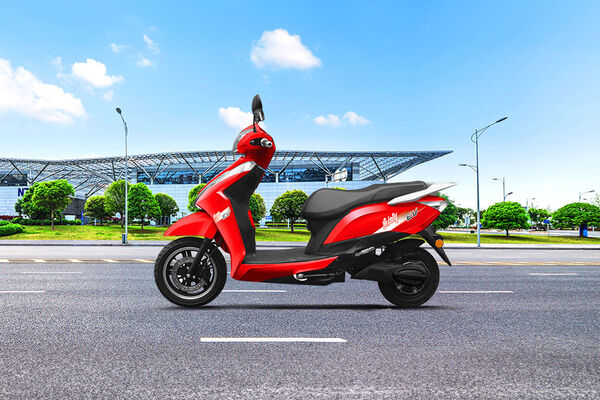
 75 km
75 km
 69 kWh
69 kWh
